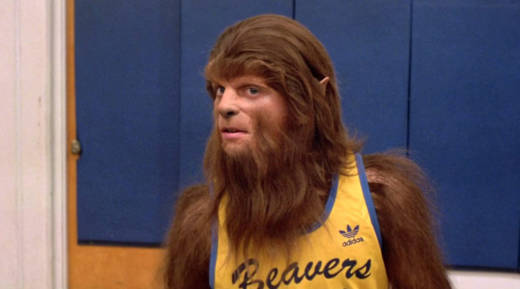Recently, Saturday Night Live did a sketch with Larry David that served to shine a light on just how much the national vernacular has changed in the last three decades. Slang that was once widely accepted and commonly used has fallen out of favor in a huge way since political correctness hit the mainstream in the 1990s. The sketch, while very funny, is cringe-worthy for anyone who remembers the bad old days:
The skit is a reminder of just how acceptable and prevalent homophobic language in mainstream media was in the 1980s, but re-watching almost any teen movie from that decade does exactly the same thing. Recently, I've been revisiting beloved movies from my childhood, only to have every single one of them ruined by gay slurs. (There are a multitude of problems in movies from the period, but this is by far the most consistent one.)
Homophobia in the movies didn't begin and end in the 1980s—LGBTQ slurs continue in the movies to this day—but it's astonishing how it's almost impossible to find an '80s teen movie that doesn't use a homophobic slur at some point.
The homophobic F-word pops up all over the place. And one of the most egregious examples is in 1985's Teen Wolf. Yes, beloved, silly, supposed-to-be-innocuous Teen Wolf, played by national treasure, Michael J. Fox. In one early scene, Scotty tells his best friend Stiles that he needs to talk to him about something. Then, the following exchange takes place:


